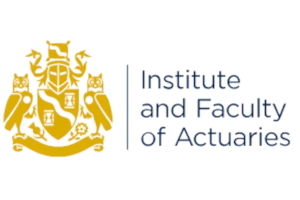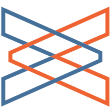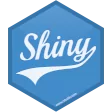Institute and Faculty of Actuaries

The Institute and Faculty of Actuaries
Accountancy
The Challenge
The Institute and Faculty of Actuaries required a platform that would allow their students to undertake examinations which had an R programming element, but which did not need students to download or install any software.
Their project began in January 2018 and went live one month later on Feb 25th 2018. The IFoA platform was required to:
- Provide an access point to each examination a student was due to undertake
- Carry all additional packages and exam materials
- Allow the submission of exam solutions
In addition, and due to the remote nature of the examination procedure, there was a desire for the examination administrators to be able to monitor the current status of their students so they could identify:
- Which students had accessed the platform
- When students had submitted their responses
The client also wanted the ability to gather feedback from students, with regard to the new computational examination process.
The Project
The IFoA wanted to change their exams to use more R and machine learning. The client’s users access their platform from around the world. We developed and ran the online platform for the specimen (pre-exams) exams to ensure that everything would run smoothly with the new syllabus, providing user support via email and video conferencing.
In addition, we ran an after-course questionnaire, with an associated Shiny dashboard.
Our Results
The online examination platform solution we developed allowed students to write and run code, and submit their answers to the examination through a browser, which is accessible to any device connected to the internet. Our email and video-conferencing support allowed any issues to be resolved promptly, adding to the students’ user experience of the new platform.
Administrators found it very valuable to be able to monitor students’ status through a separate dashboard, which laid out critical information. Similarly, there was value in the administrators having their own access point to the platform, which contained all information regarding the students’ interaction with the examination, the files created, and the code executed.
The new solution was much more lightweight than existing solutions, which had an involved examination download, preparation and solution process. The subsequent evaluation survey yielded an overwhelmingly positive response to the platform architecture and its simplicity of use.



